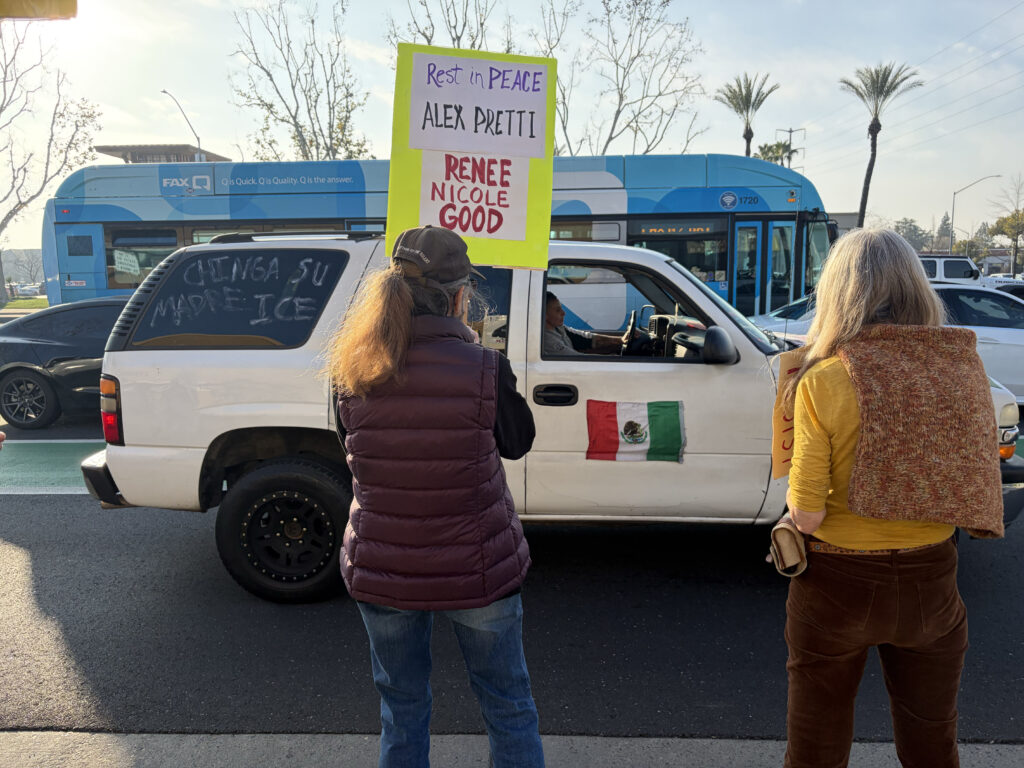Share
WASHINGTON — U.S. regulators on Friday allowed emergency use of an experimental drug that appears to help some coronavirus patients recover faster.
It is the first drug shown to help fight COVID-19, which has killed more than 230,000 people worldwide.
The FDA said in a statement that Gilead Science’s intravenous drug would be specifically indicated for hospitalized patients with “severe disease,” such as those experiencing breathing problems requiring supplemental oxygen or ventilators.
President Donald Trump announced the news at the White House alongside Gilead CEO Daniel O’Day and Food and Drug Administration Commissioner Stephen Hahn.
The FDA acted after preliminary results from a government-sponsored study showed that the drug, remdesivir, shortened the time to recovery by 31%, or about four days on average, for hospitalized COVID-19 patients.
The study of 1,063 patients is the largest and most strict test of the drug and included a comparison group that received just usual care so remdesivir’s effects could be rigorously evaluated.
Those given the drug were able to leave the hospital in 11 days on average vs. 15 days for the comparison group.
The FDA said that performance warranted Friday’s decision, though regulators acknowledged “there is limited information known about the safety and effectiveness of using remdesivir.”
The drug’s side effects include potential inflammation of the liver and problems related to its infusion, which could lead to nausea, vomiting, sweating and low blood pressure. Fact sheets about dosing and potential safety issues will be provided to physicians and patients, the FDA said.
The National Institutes of Health’s Dr. Anthony Fauci said Wednesday the drug would become a new standard of care for severely ill COVID-19 patients. The drug, which blocks an enzyme the virus uses to copy its genetic material, has not been tested on people with milder illness.
The FDA authorized the drug under its emergency powers to quickly speed experimental drugs, tests and other medical products to patients during public health crises.
Remdesivir Will Still Need Formal Approval
In normal times the FDA requires “substantial evidence” of a drug’s safety and effectiveness, usually through one or more large, rigorously controlled patient studies. But during public health emergencies the agency can waive those standards, simply requiring that an experimental drug’s potential benefits outweigh its risks.
Gilead has said it would donate its currently available stock of the drug and is ramping up production to make more. It said the U.S. government would coordinate distribution of remdesivir to places most in need of it.
No drugs are approved now for treating the coronavirus, and remdesivir will still need formal approval.
The FDA can convert the drug’s status to full approval if Gilead or other researchers provide additional data of remdesivir’s safety and effectiveness.
“This is a very, very early stage so you wouldn’t expect to have any sort of full approval at this point,” said Cathy Burgess, an attorney specializing in FDA issues. “But obviously they want to get this out to patients as quickly as possible.”
The FDA previously allowed narrow use of a malaria drug, hydroxychloroquine, for hospitalized patients who were unable to take part in ongoing studies of the medication. Trump repeatedly promoted it as a possible COVID-19 treatment, but no large high-quality studies have shown the drug to work for that and it has significant safety concerns.
The FDA warned doctors late last month against prescribing the drug outside of hospital or research settings, due to risks of sometimes fatal heart side effects.
Two small studies published Friday add to concerns about the malaria drug. Critically ill COVID-19 patients given hydroxychloroquine were prone to heart rhythm problems, and for many risks mounted when it was combined with an antibiotic, the studies found.



















